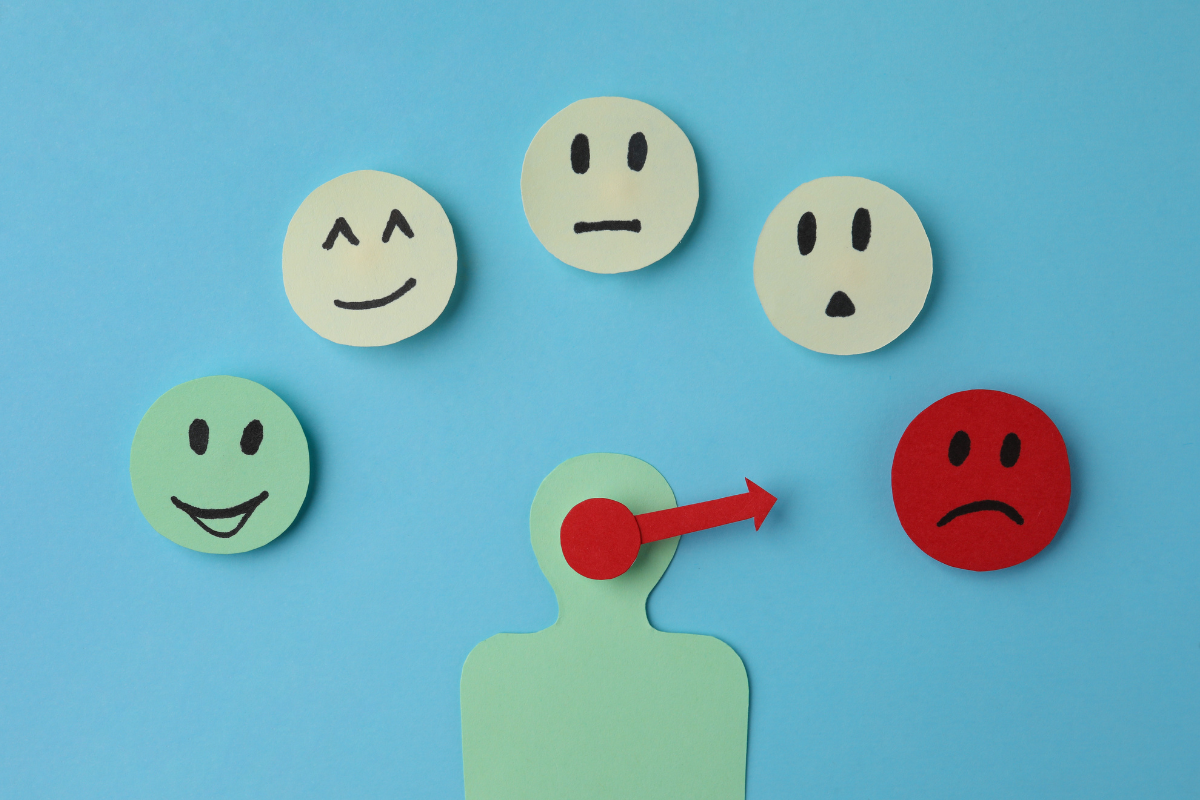Psychiatrist Online
Psychiatrists are becoming accessible via online healthcare platforms, where patients can post queries and receive answers via video or phone calls.
People who could benefit from counseling can get in touch with professionals quickly and easily using Internet platforms. Depression, anxiety, stress, phobias, marital strife, low self-esteem, and other mental health concerns are only some of the numerous obstacles that people can overcome.
Also Read:
Online access makes it easier to overcome the stigma that has historically been attached to mental health issues. Teletherapy can be an important tool to help people learn more about mental health. Even if you feel like your mental well-being is strong, online therapy can help you become psychologically stronger.

Position: Senior Consultant
Degrees: MBBS, MD
Email: contact@delhimindclinic.com

Position: Senior Psychiatrist
Degrees: MBBS, DNB Psychiatry
Email: contact@delhimindclinic.com
Online Marriage Counseling
Online couples therapy allows couples to connect with a professional therapist for a virtual couples therapy session via live video sessions or written communication using Talkspace’s secure platform to address relationship issues and overall relationship wellness.
The term “online counseling” refers to the practice of providing mental health counseling services to clients via the Internet. Counselors and those in need of their services are increasingly turning to computer-based methods of communication rather than traditional face-to-face meetings.
Also Read:
Online access makes it easier to overcome the stigma that has historically been attached to mental health issues. Teletherapy can be an important tool to help people learn more about mental health. Even if you feel like your mental well-being is strong, online therapy can help you become psychologically stronger.
Online Depression Counselling
Although there is currently no known cure for depression, there are a variety of treatments available that can help alleviate symptoms and lessen the disorder’s impact on daily living. But if your symptoms disappear, you must be cured, right? No, not quite.
Online access makes it easier to overcome the stigma that has historically been attached to mental health issues. Teletherapy can be an important tool to help people learn more about mental health. Even if you feel like your mental well-being is strong, online therapy can help you become psychologically stronger.

Also Read:
The term “online counseling” refers to the practice of providing mental health counseling services to clients via the Internet. Counselors and those in need of their services are increasingly turning to computer-based methods of communication rather than traditional face-to-face meetings.

Position: Senior Consultant
Degrees: MBBS, MD
Email: contact@delhimindclinic.com

Position: Senior Psychiatrist
Degrees: MBBS, DNB Psychiatry
Email: contact@delhimindclinic.com
Psychiatrist Online Consultation
Mental, behavioral, and drug use disorders are all within the purview of a psychiatrist’s diagnostic and therapeutic expertise.
People who could benefit from counseling can get in touch with professionals quickly and easily using Internet platforms. Depression, anxiety, stress, phobias, marital strife, low self-esteem, and other mental health concerns are only some of the numerous obstacles that people can overcome.
Also Read:
The term “online counseling” refers to the practice of providing mental health counseling services to clients via the Internet. Counselors and those in need of their services are increasingly turning to computer-based methods of communication rather than traditional face-to-face meetings.

Position: Senior Consultant
Degrees: MBBS, MD
Email: contact@delhimindclinic.com

Position: Senior Psychiatrist
Degrees: MBBS, DNB Psychiatry
Email: contact@delhimindclinic.com
Online Mental Health Counselling
Online access makes it easier to overcome the stigma that has historically been attached to mental health issues. Teletherapy can be an important tool to help people learn more about mental health. Even if you feel like your mental well-being is strong, online therapy can help you become psychologically stronger.
The term “online counseling” refers to the practice of providing mental health counseling services to clients via the Internet. Counselors and those in need of their services are increasingly turning to computer-based methods of communication rather than traditional face-to-face meetings.
Also Read:
People who could benefit from counseling can get in touch with professionals quickly and easily using Internet platforms. Depression, anxiety, stress, phobias, marital strife, low self-esteem, and other mental health concerns are only some of the numerous obstacles that people can overcome.

Position: Senior Consultant
Degrees: MBBS, MD
Email: contact@delhimindclinic.com

Position: Senior Psychiatrist
Degrees: MBBS, DNB Psychiatry
Email: contact@delhimindclinic.com
Online Psychological Counselling
“Online counselling” is the process of providing clients with mental health counselling services through the use of an electronic medium. Computer-based ways of communication between counsellors and those in need of their services have surpassed traditional face-to-face encounters in popularity.
Those who potentially benefit from counselling have easy access to trained professionals through online resources. People are capable of overcoming a wide range of difficulties, including but not limited to mental health issues including depression, anxiety, stress, phobias, marital problems, and low self-esteem.

Position: Senior Consultant
Degrees: MBBS, MD
Email: contact@delhimindclinic.com

Position: Senior Psychiatrist
Degrees: MBBS, DNB Psychiatry
Email: contact@delhimindclinic.com